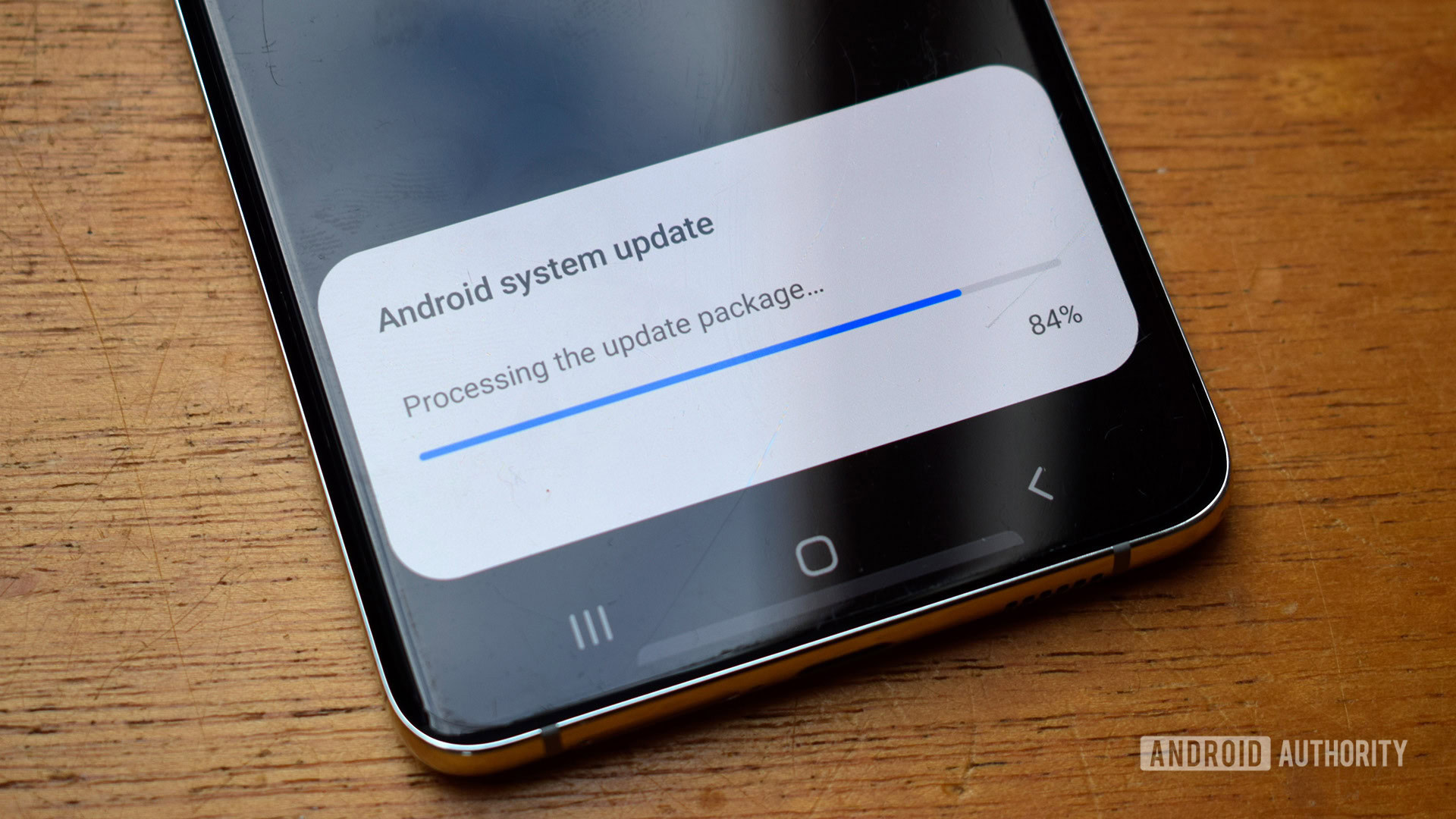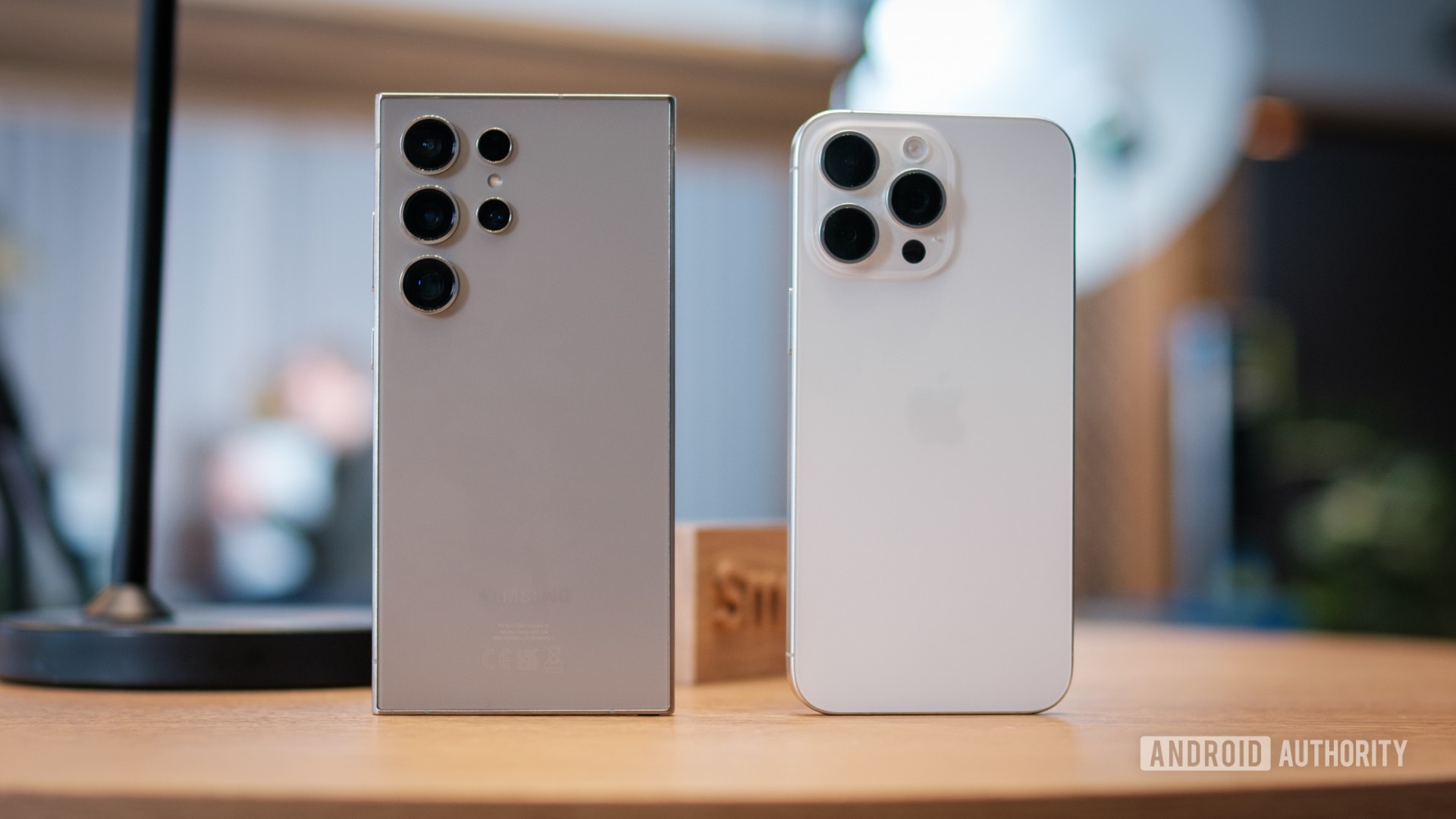Affiliate links on Android Authority may earn us a commission. Learn more.
The best thing about early Android 16? Getting a new phone for Xmas
Published onNovember 1, 2024
You might have only just started playing around with all the new Android 15 goodies, but Android 16 will be here sooner than you think. That’s right, Google is speeding up its update cycle, shaking off the yearly cadence for something a little less predictable. It’s a big shift with the potential to shake up how the smartphone industry operates and set Android on a new collision course with Apple. Stay with me here.
Are you excited for an early Android 16 release?
Android may have accidentally settled into its Q3 release rhythm, but the more cynical amongst us have often wondered if the timing had much more to do with Apple than Google would ever admit. With iOS and new iPhone announcements landing like clockwork as September rolls into October, it’s perhaps historically been seen as important to have Android in the news around the same. But should Android really be living in iOS’ shadow anymore? The platform has long had more modern features and has taken a significant lead in the AI arms race.
Yearly OS cycles are an increasingly outdated concept.
In my humble opinion, we’re long past the point where OS updates feel all that important anyway. They are obviously key to bringing new features, supporting the latest APIs, and keeping devices secure, but they don’t make the splash they used to, mainly because phones feel more than good enough in hand even if you’re a couple of years out of date. Even as an Android fan, I can’t remember the last time I felt that itch to smash the update button. So I’m with Google — let’s ditch the mandatory schedule and just get them out as and when needed.
There are some pretty significant upsides to an earlier and more regular Android schedule, including speeding up the rollout of key features and giving developers earlier access to key API changes. But perhaps the biggest win for the everyday consumer is that we might see more Android phones on the market in time for the holiday season — that’s good for our stockings and OEM stocks.

Could we see Samsung’s Galaxy S series eventually launch in time for December? Pushing the latest version of Android out the door a lot sooner will certainly help; it typically takes Samsung a few months to get One UI shipshape, and the same goes for most other brands that delicately apply their lick of paint on top. With Android 16 scheduled for Q2 2025 and betas well before that, manufacturers will have most of the year to prep their latest Android builds before the typical handset launch cycle begins anew — plenty of time.
However, smartphone launch windows are also beholden to their chipsets, which have historically arrived in the months following a new Android announcement. The good news is that chipset launches have been creeping up slowly, too. Qualcomm’s Snapdragon Summit launch, for example, has shifted from December to October in recent years, as has MediaTek’s. We’d probably need these to shift up another month or so to bring Galaxy safely onto this side of the New Year’s celebrations, and an earlier Android release will help bake in chipset support that bit sooner. With plenty of Snapdragon 8 Elite phones already eyeballing a 2024 release, this is looking increasingly doable.
With earlier chips and updates, a new Galaxy S under your tree looks increasingly possible.
Let’s circle back to Apple one more time. The potential for more Android devices to pile onto store shelves during our collective annual purse-emptying ceremony actually steals much more limelight from Cupertino than an Android press release does.

As I said, few care about OS updates anymore, but many still have their eye on shiny new gadget upgrades. Hardware talks and swamping Apple in a sea of superior new Android handsets would be fun to watch, at the very least, but would also stop the latest iPhone from enjoying the busiest and most lucrative shopping period virtually all by itself. Let’s face it: Pixel isn’t selling anywhere near enough units to ruin Apple’s Xmas party.
This obviously wasn’t at the forefront of Google’s mind when it moved up Android 16’s release cycle; it’s more a potential unforeseen consequence. Google is focused on delivering key OS changes rather than worrying about if and when phones hit the market, after all. The fact that Google’s own Pixel 9 series shipped with Android 14 rather than 15 shows the two projects don’t work hand in hand.
The Pixel 9 won't be the last phone to ship with an older OS.
In fact, updates landing shortly after a product release could become the new norm for Google and probably others. If anything, separating key OS updates from smartphone launches will be a good thing, encouraging OEMs to treat software as a continual commitment for all their phones rather than something reserved for the newest model. If that also means we see a few more phones on the market in time for peak shopping season, all the better.